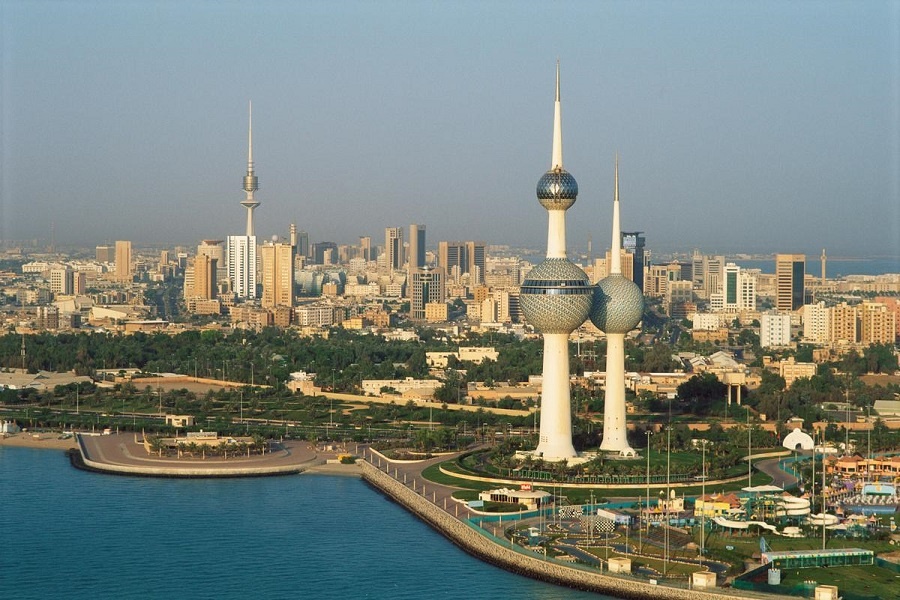Kuwait's ecosystem - from an investor’s point of view

This is an edited crosspost with two Nuwait articles. You can see the original versions here and here.
Mussaad Al-Razouki is one busy man with an impressive resumé.
The former oral surgeon is the founder of AbiDoc, a platform that helps patients search and book an appointment with a doctor online, and Kleos Healthcare Corporation, a healthcare development company in Kuwait
He is also the chief business development officer at Kuwait Life Sciences Company, a company owned by the government of Kuwait that invests in late stage companies, such as Quanta and Median Technologies.
In order to better understand the medical investment scene in Kuwait, and what investors and entrepreneurs should consider before thinking about investing in this industry, Nuwait had a chat with Al-Razouki.
Nuwait: How do you see the investment scene in Kuwait compared to the GCC?
Mussaad Al-Razouki: I think Kuwait is the best place to start your business. Kuwait is a great testing ground for entrepreneurial mettle and that if your venture can succeed in Kuwait, then you can easily replicate it throughout the GCC and MENA region. We had the best success stories so far with Talabat, and we need to do a better job in terms of encouraging talent to come and work in Kuwait.
Many people want to compare different GCC cities to one another as if there can only be one hub for entrepreneurship in the Middle East. The united states of America has multiple entrepreneurial hubs: Silicon Valley in California, Silicon Alley in New York, Silicon Prairie in Austin, Texas, Silicon Harbor in Charleston, South Carolina and the list goes on. I believe there can be multiple entrepreneurial hubs across the GCC but governments need to foster these ecosystems and develop a common market to make it easy for entrepreneurs to scale on a regional level.
Each GCC city poses its own sets of challenges. Perhaps a better way to elaborate my point, is that for Kuwaiti nationals, Kuwait is a cheaper place to start a business similar to how Riyadh would be a cheaper place to start a business for Saudi citizens living in Najd. It all depends on where your support network is the strongest. For entrepreneurs that do not have a strong support network they may elect to join an incubator, accelerator, startup foundry or coworking space.
Nuwait: What needs to be done to make Kuwait startup-friendly?
Al-Razouki: We definitely need to make it easier for people to first come and visit Kuwait. We all know it’s hard to get a visa and keep people here. Unfortunately, you can’t own a Kuwaiti company unless you have a Kuwaiti residency. Foreigners can own a company in Kuwait but only up to 49 percent if they have an address in Kuwait.
In Kuwait we are also facing a real estate issue. The government should start creating home business licenses to give people the ability to have a business at home. That would help reduce prices of real estate. Today you have to rent a basement in Mirqab to satisfy the license of your company but that’s not creating jobs or bringing any economic value.

Nuwait: What's a deal breaker for you as an investor?
Al-Razouki: First of all, if there is anything unethical, it’s a deal breaker for me. I don’t mind people bending the rules, but we don’t tolerate breaking them. Lying is obviously part of that. I won’t invest in anything that I believe doesn’t have a social value or brings a new technology. Also, I don’t invest in anything that is not Sharia compliant and if the team is not focused.
Nuwait: Can you name few common mistakes entrepreneurs make?
Al-Razouki: They are very secretive and they don’t share their ideas, which is a big mistake. They are not focused because they are running few businesses at the same time. They don’t raise money before they need it. It’s ok to make mistakes, and entrepreneurs will make mistakes. They just have to fail fast and fail often so they can keep up running.
Nuwait: What are the most common mistakes investors make?
Al-Razouki: One of the most common mistakes is that there is too much emphasis on profitability and looking at the current economics of business. Aside from that, investors need to explain to the entrepreneurs the terms in a term sheet.
I would say one of the investors’ mistakes is that some of them invest once [in a company] and that’s it. Just because an investor invests once in a company, does not mean the company should not double down and invest again, as long as the opportunity cost for deploying that amount of capital in subsequent rounds is less significant than deploying capital in a different company.

